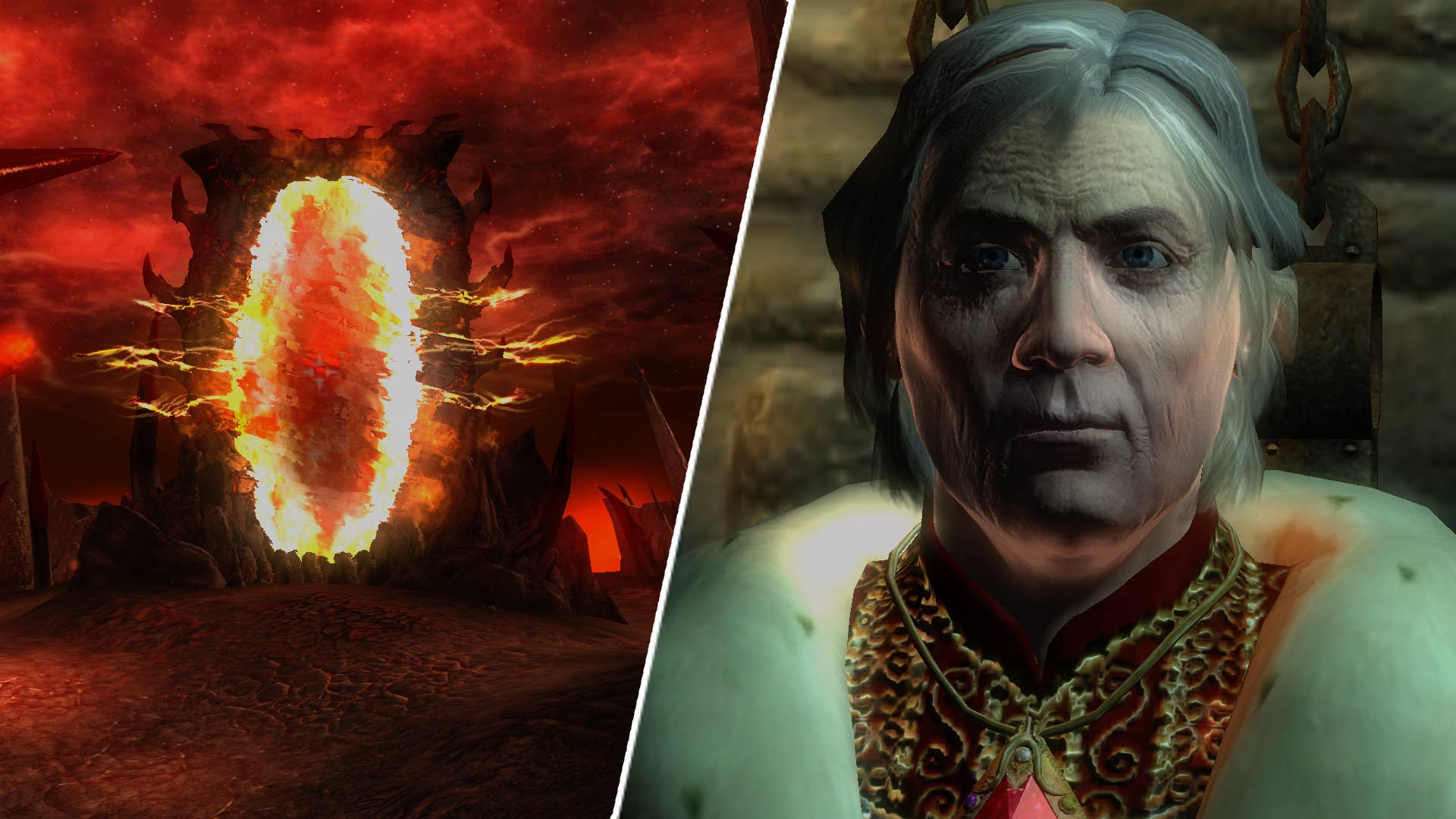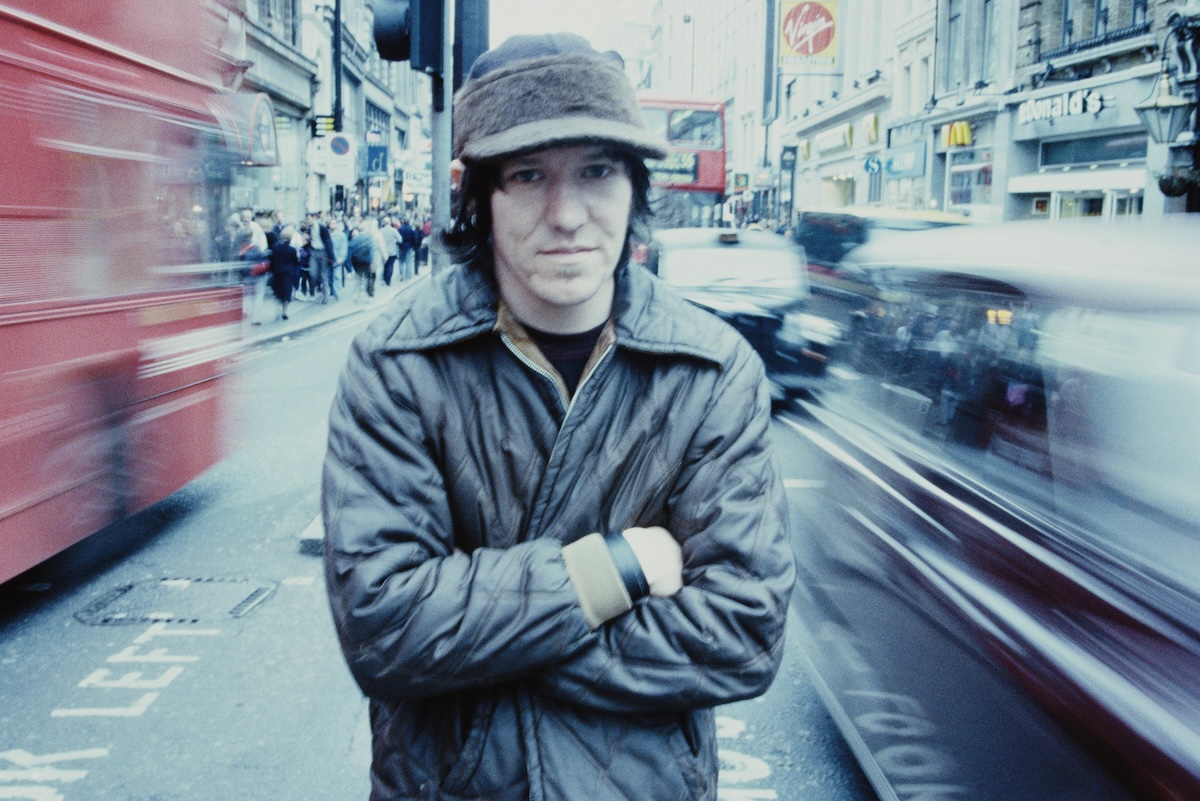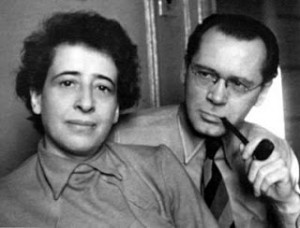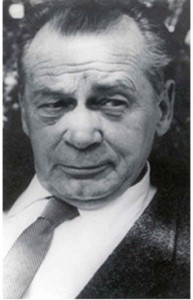In Defense of HANNAH ARENDT
I never expected to see any Margarethe von Trotta movie more than once, but Hannah Arendt proved to be well worth a second look. Some of my reasons for going back are undoubtedly personal; Arendt’s husband, Heinrich Blücher, astutely played in the film by Axel Milberg, is by far the greatest teacher I’ve ever had, two of whose seminars at Bard College I was fortunate to take, and Arendt’s Eichmann in Jerusalem, the main focus of the film, appeared in The New Yorker during the same period. The controversy it sparked among New York intellectuals at the time made it the major topic of discussion among visiting speakers; I can recall lengthy conversations I had or overheard with Harold Rosenberg and Dwight Macdonald, among many others who came to campus during that period. (Lionel Abel, perhaps the most intemperate of Arendt’s foes, also came, but as I recall I went out of my way to avoid broaching the subject with him.) And there were plenty of snack-bar dialogues at Bard with Blücher on the same subject. For me, part of the singularity of both Blücher and Arendt (whom I met only briefly, once in their Riverside Drive apartment) was the degree to which art, politics, philosophy, moral seriousness, and a remarkable passion for ethics interfaced in their discourse and lives with an unflagging intensity, and what I cherish most about von Trotta’s movie is the degree to which she — and, above all, Barbara Sukowa as Arendt — capture this. Read more
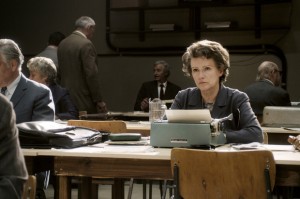
I never expected to see any Margarethe von Trotta movie more than once, but Hannah Arendt proved to be well worth a second look. Some of my reasons for going back are undoubtedly personal; Arendt’s husband, Heinrich Blücher, astutely played in the film by Axel Milberg, is by far the greatest teacher I’ve ever had, two of whose seminars at Bard College I was fortunate to take, and Arendt’s Eichmann in Jerusalem, the main focus of the film, appeared in The New Yorker during the same period. The controversy it sparked among New York intellectuals at the time made it the major topic of discussion among visiting speakers; I can recall lengthy conversations I had or overheard with Harold Rosenberg and Dwight Macdonald, among many others who came to campus during that period. (Lionel Abel, perhaps the most intemperate of Arendt’s foes, also came, but as I recall I went out of my way to avoid broaching the subject with him.) And there were plenty of snack-bar dialogues at Bard with Blücher on the same subject.
For me, part of the singularity of both Blücher and Arendt (whom I met only briefly, once in their Riverside Drive apartment) was the degree to which art, politics, philosophy, moral seriousness, and a remarkable passion for ethics interfaced in their discourse and lives with an unflagging intensity, and what I cherish most about von Trotta’s movie is the degree to which she — and, above all, Barbara Sukowa as Arendt — capture this. Read more


















_Tanapong_Sungkaew_via_Alamy.jpg?width=1280&auto=webp&quality=80&disable=upscale#)



